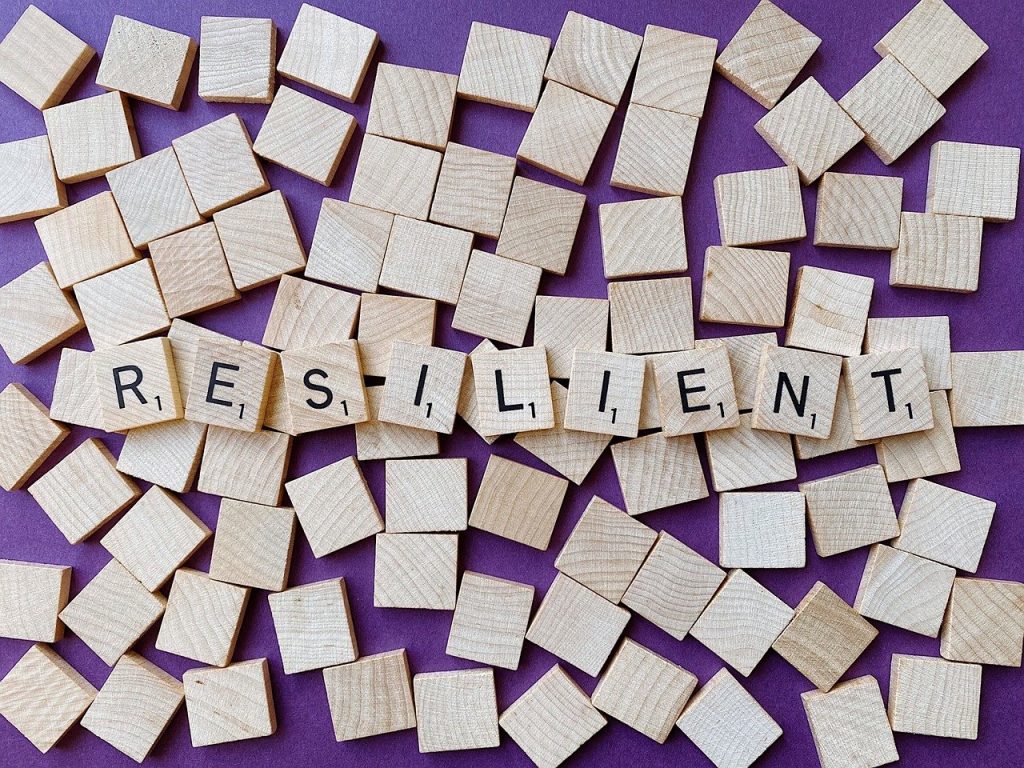
What do you think about when you hear the word ‘resilience’ or ‘resilient’?
Do you think of Sunday who has a deadline to pay back a loan before the interest rate doubles? Or Mary whose father just got diagnosed with stroke? How about Emeka, who lost his mom and the burial bills are worrisome?
We go through various degrees of stress in our daily lives. However, we try to adapt to these stressful situations.
The capacity to recover and thrive through adversity, trauma, or stressful events is termed Resilience. It is a positive method of handling difficulties that fosters growth.
… but, resilience is not…
- Suffering & Smiling: The typical coping mechanism conveniently adopted by some Nigerians is to put up a smile on every challenge
- Learned Helplessness: The acceptance of defeat or the belief of not being in control of the circumstances around you. To explain further, learned helplessness is adopted by individuals who have repeatedly experienced severe traumatic events.
- A Defense Mechanism: Defence mechanisms are behaviors or thoughts that individuals use to separate themselves from stressful or unpleasant events. They are used to avoid the feeling that comes with being stressed. Consequently, it is more like a temporary or virtual escape. On the other hand, resilience focuses on working through the stressful situation or trauma to foster growth.
Moreover, research shows that resilience is not a state that is static or a trait that is fixed on an individual. Rather, it is presented on a continuum and varies to a certain degree based on individuals, situations, or time.
Discover amazing ways to live your best life.
Delivered to your email every Tuesday and Saturday
Traits of Highly Resilient Individuals
- Firstly, they are optimistic. Optimism helps to reduce the impact of stress and make us happier
- In addition, they understand the limitations of controls. Resilient individuals know when to let go of events that are beyond their control and take responsibility for those in their control.
- Furthermore, they are easily adaptive to change in their environment
- Also, they form close bonds with people and have a strong support network.
- Additionally, they have a high self-esteem and a positive sense of identity.
- What’s more, they possess a competent sense of judgment and make responsible choices.
- They understand their strengths and weaknesses
- Finally, they know how to deploy their internal resources to work.
A resilient person can still experience stress, setbacks, or difficult emotions. However, the difference is tapping into strengths and seek help from support systems to overcome the challenges and work through problems. People who lack resilience are more likely to feel overwhelmed, and rely on unhealthy coping strategies such as avoidance, isolation, substances, and self-medication.
Remember, resilience is a learned skill, continuously evolving. Sign-up for our resilience classes today.
Learn self-help tips on how to build resilience.
Discover amazing ways to live your best life.
Delivered to your email every Tuesday and Saturday